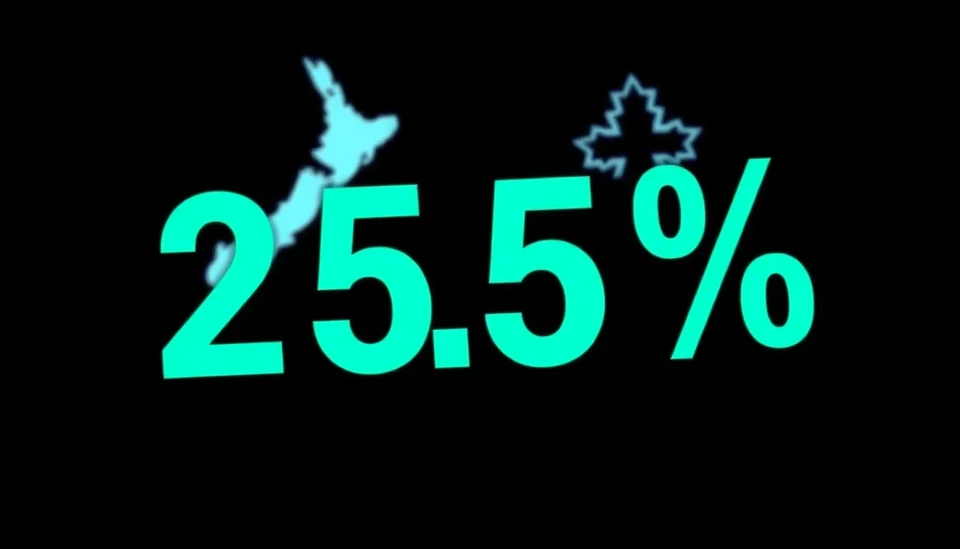
In a concerning trend for homeowners and investors alike, New Zealand's housing market has experienced a consistent downturn, with house prices falling for the ninth consecutive month in November. This decline represents a stark adjustment from the soaring property values witnessed just a year ago, exacerbating concerns about housing affordability and market stability.
According to data released by CoreLogic, the country's property values have plummeted by 1.7% in November alone, marking one of the steepest monthly declines seen in recent times. This drop contributes to an overall decrease of approximately 10.6% since the peak of the market in November 2021. The sentiment in the real estate sector is increasingly cautious, as many experts believe that the current price lull is chronic rather than a temporary dip.
Factors contributing to the ongoing decline include rising interest rates and tight lending regulations, which have drastically altered the borrowing landscape. The Reserve Bank of New Zealand has been actively increasing its official cash rate to combat inflation, making mortgages less accessible for potential buyers. This tightening of financial conditions is compounded by a shortage of listings as homeowners choose to hold onto their properties rather than sell during a market downturn.
Real estate agents and industry professionals are expressing a mix of concern and caution, noting that while there are signs of stabilization in some regions, the overall sentiment remains pessimistic. Many experts believe that the market may not recover to previous highs for several years as consumer confidence continues to wane and affordability issues persist.
Some areas, particularly cities that previously experienced rapid growth, have seen some of the most significant falls in property values. Auckland, for instance, has reported a notable decline, aligning with the national trend. These changes are forcing buyers to rethink their strategies, often opting for properties they may have previously dismissed due to pricing.
While potential buyers are benefiting from lower prices, the overarching environment has created a challenging climate for sellers. Many are grappling with reduced equity and tighter financial constraints, which is prompting them to lower their asking prices considerably to make sales. These dynamics indicate a prolonged correction period, characterized by fluctuating prices and evolving market expectations.
As New Zealand navigates this ongoing housing crisis, how the economy responds to these trends and the measures implemented by the government and financial institutions will be crucial to determining the future market landscape. Analysts are closely monitoring economic indicators and local market responses, emphasizing the need for sustained support and effective policy interventions to stimulate recovery in this vital sector.
In summary, New Zealand's housing market continues to face significant challenges as it adapts to an array of influences, including policy changes and shifting economic conditions. The ongoing decline in house prices underscores the critical need for strategies aimed at promoting affordability and ensuring stability within the property market.
#NewZealand #HousingMarket #RealEstate #PropertyPrices #InterestRates #MarketTrends #EconomicIndicators
Author: Daniel Foster




